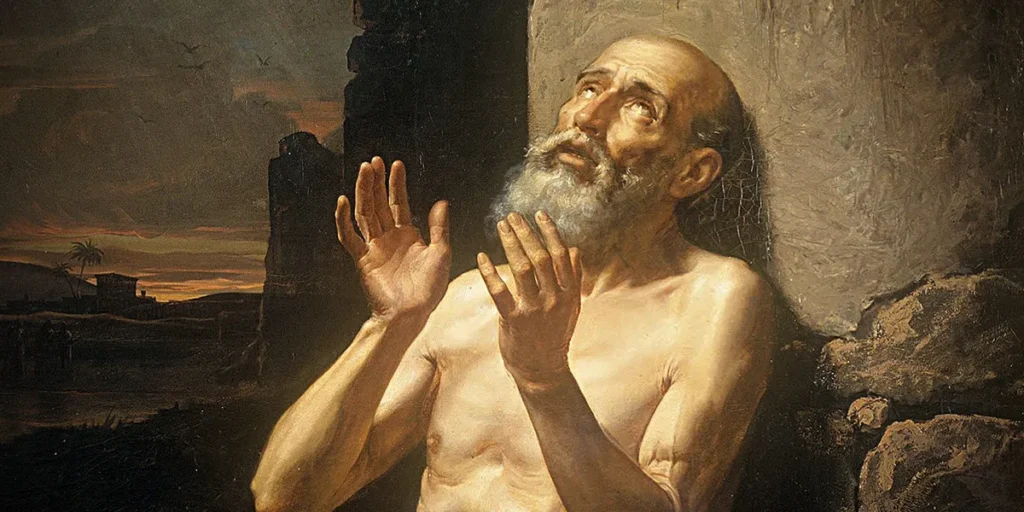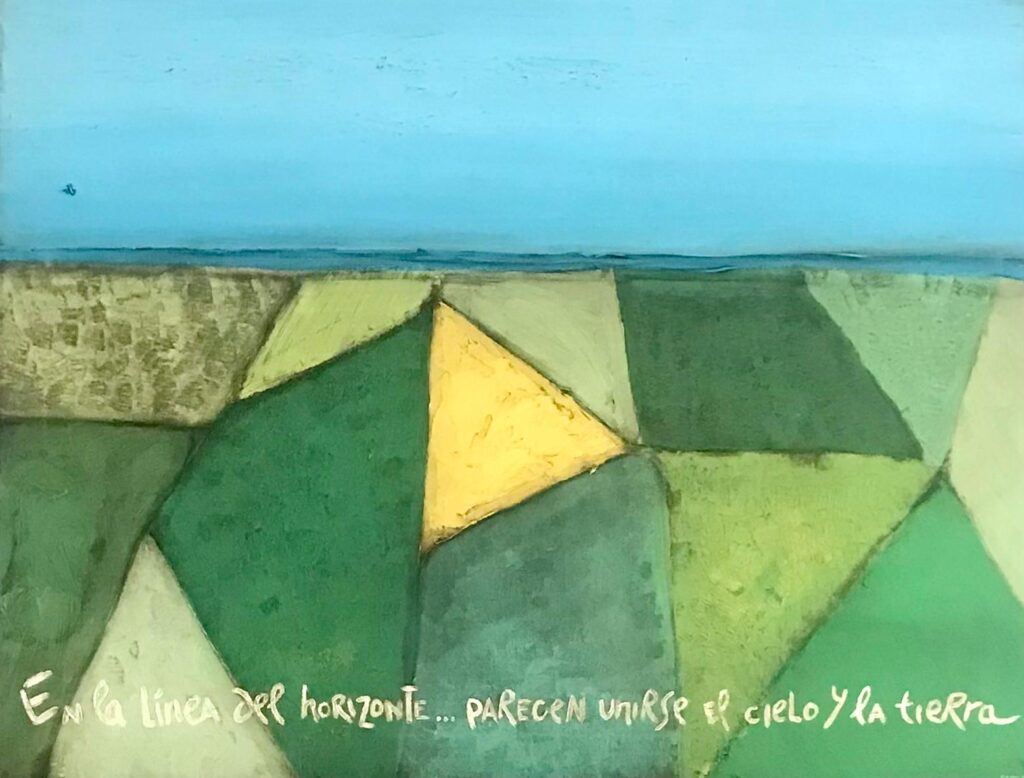Cardinal Arizmendi: Violations of human dignity
Let us respect each other and help each other to value ourselves for what we are: the image and likeness of God

Cardinal Felipe Arizmendi, bishop emeritus of San Cristóbal de Las Casas and responsible for the Doctrine of Faith at the Mexican Episcopal Conference (CEM), offers Exaudi readers his weekly article entitled “Not all rights are rights.”
***
LOOK
In Mexico, according to the 2020 Census, with more than 120 million inhabitants, there are 23.2 million people aged three and older who self-identify as indigenous, which is equivalent to 19.4% of the total population in that age range. Of those 23.2 million, only 7.1 million (30.8%) speak an indigenous language and 16.1 million (69.2%) do not. The states with the most indigenous people are: Oaxaca (31.2%), Chiapas (28.2%), Yucatán (23.7%) and Guerrero (15.5%). These four states account for 50.5% of the total number of native language speakers. 68 indigenous languages are spoken; the most common are Nahuatl (22.4%), Mayan (10.5%) and Tseltal (8.0%). Of every 100 people aged three and older who speak an indigenous language, 12 do not speak Spanish.
Why have several native languages been lost? Because of persistent and widespread racism against them; they are looked down upon, as if they were ignorant and closed-minded and closed-minded, even though they are very intelligent; most speak at least two languages; many of us barely speak Spanish. As they have had to face a world adverse to their culture, they have developed more and are very capable; but we have made them feel that they are not worth as much, and for this reason they despise themselves and no longer want to appear or speak as indigenous people.
When I was exercising my pastoral ministry in the formation of candidates for the priesthood, in my diocese of origin, ten years as spiritual director and ten as rector (1971-91), there were seminarians from one of these native cultures, but almost all of them were ashamed of their culture and did not value themselves. We offered them workshops to write and speak their language better, since they spoke it, but many did not know how to write it, and preferred English or other options. To this day, some do not promote their language, which is not a dialect, nor do they do what is necessary to prevent their culture from disappearing; there are even those who do not want to work pastorally in communities of their own ethnicity. All this because of the racism they have suffered.
I have expanded on this point, but we should also take into account the many people whose dignity is despised, such as migrants, peasants, workers, domestic workers, the disabled, prisoners, the elderly, and even alcoholics and drug addicts, those with different sexual preferences, the newly conceived, the evicted, etc.
DISCERN
The Dicastery for the Doctrine of the Faith, in its Declaration Dignitas Infinita, before analyzing in particular various violations of human dignity, reaffirms this fundamental principle and lists some very specific situations:
“Every human being has the right to live with dignity and to develop fully, and this basic right cannot be denied by any country. He has it, even if he is inefficient, even if he was born or grew up with limitations. Because this does not undermine his immense dignity as a human person, which is not based on circumstances but on the value of his being. When this elementary principle is not safeguarded, there is no future for fraternity or for the survival of humanity. On the other hand, it never ceases to point out to everyone the concrete violations of human dignity in our time, calling each one to a surge of responsibility and active commitment” (33).
“In order to point out some of the many violations of human dignity in our contemporary world, we can recall what the Second Vatican Council taught in this regard. It must be recognized that what is contrary to human dignity is ‘anything that threatens life – homicide of any kind, genocide, abortion, euthanasia and even deliberate suicide’. Our dignity is also threatened by ‘anything that violates the integrity of the human person, such as mutilation, moral or physical torture, systematic attempts to dominate the mind of another’. And finally, ‘anything that offends human dignity, such as inhuman living conditions, arbitrary detention, deportation, slavery, prostitution, trafficking in women and children, or degrading working conditions that reduce the worker to the rank of a mere instrument of profit, without respect for the freedom and responsibility of the human person’. The death penalty must also be mentioned here: it too violates the inalienable dignity of every human person, regardless of any circumstances. On the contrary, it must be acknowledged that ‘the firm rejection of the death penalty shows how far it is possible to recognize the inalienable dignity of every human being and to accept that he has a place in this universe. For, if I do not deny it to the worst of criminals, I will not deny it to anyone, I will give everyone the possibility of sharing this planet with me, despite what may separate us’. It also seems appropriate to reiterate the dignity of imprisoned people, who are often forced to live in undignified conditions, and that the practice of torture violates the dignity of every human being beyond all limits, even if someone is guilty of serious crimes” (34).
ACT
Do not despise anyone because of their external appearance, or because they are from a different culture than yours, or because they do not know as much as you. We are daughters and sons of God, even if we do not always value our own dignity. Let us respect and help each other to value ourselves for what we are: the image and likeness of God. No more, no less!
Related

Job, the Mystery of Suffering
Francisco Bobadilla
31 March, 2025
6 min

Emilio Girón: Stubbornness and Tinto de Verano
Exaudi Staff
30 March, 2025
5 min

Facing Divorce as a Christian Couple
Laetare
28 March, 2025
2 min

Mars Colonization: Technological Progress or Threat to Human Dignity?
Observatorio de Bioética UCV
28 March, 2025
9 min
 (EN)
(EN)
 (ES)
(ES)
 (IT)
(IT)

